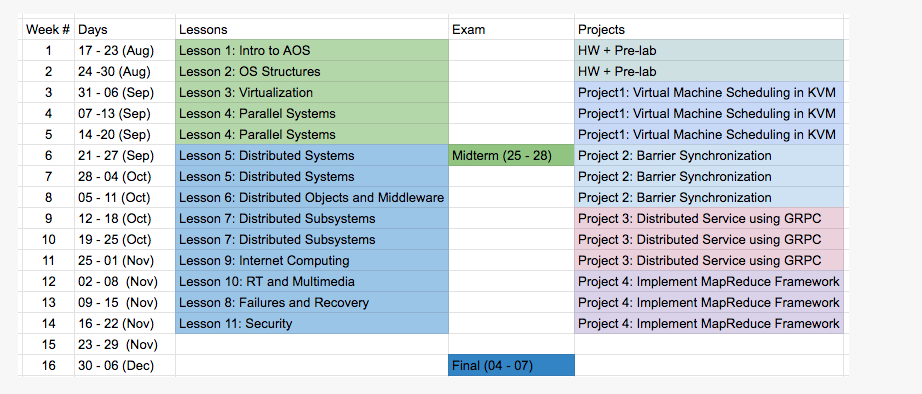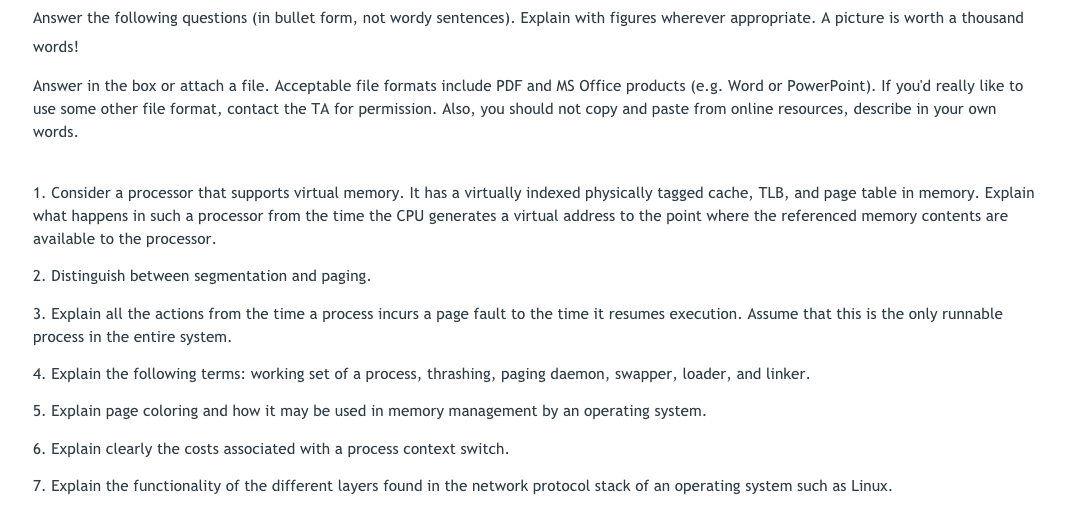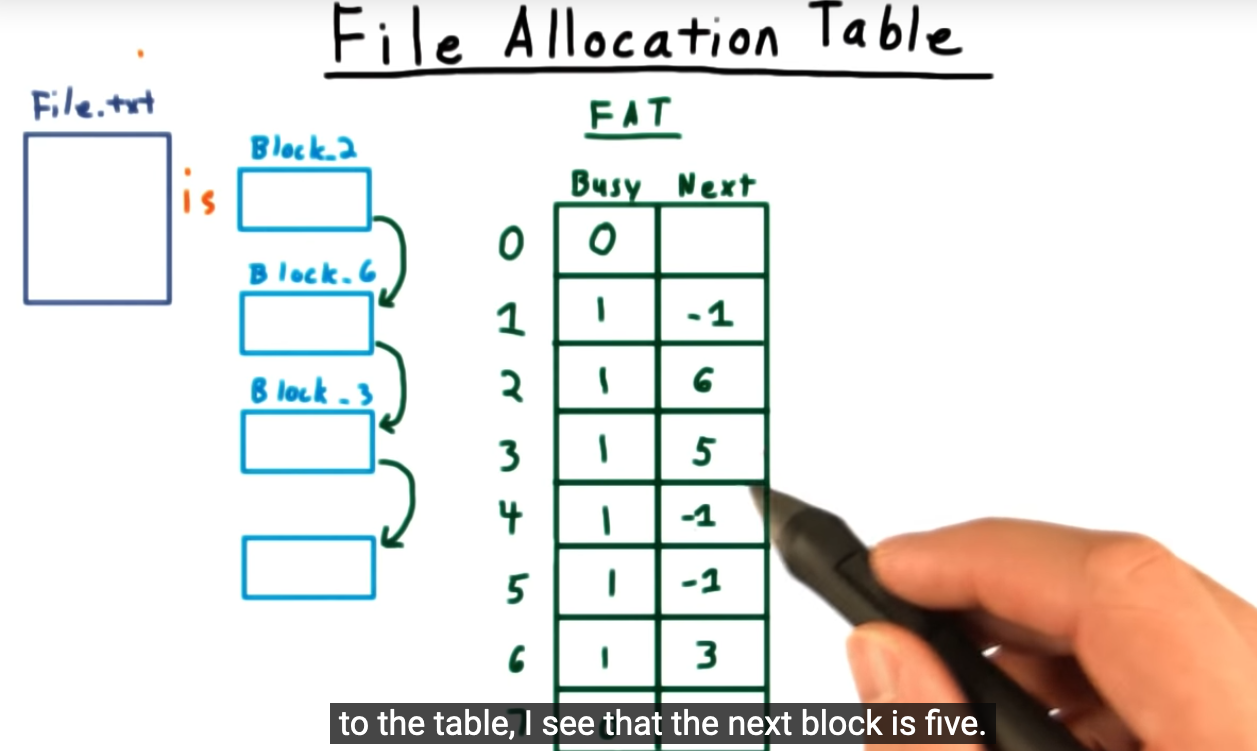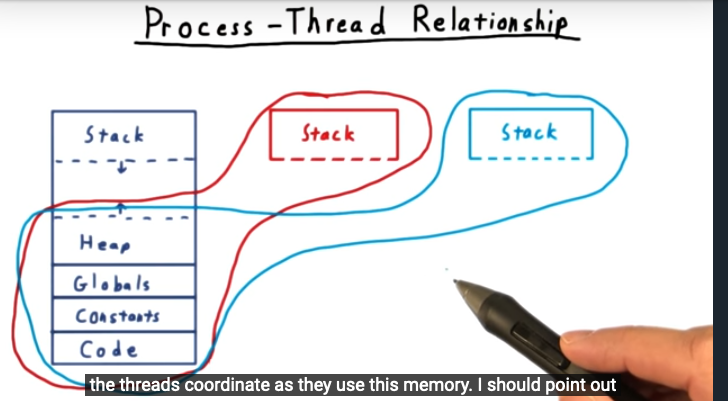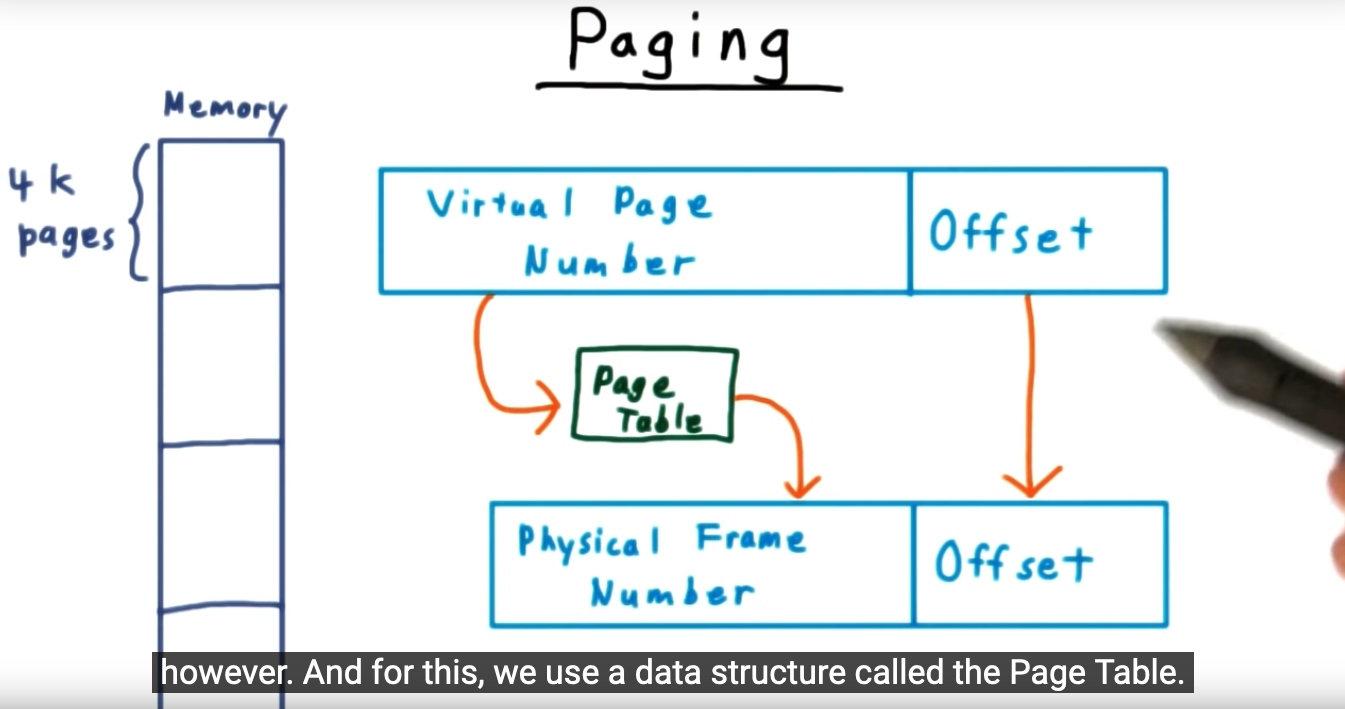- Writing
- Wrote and published close to a dozen blog posts over the past week, creating a new cadence of bite-sized posts instead of large pieces that sit in draft mode
- Feeling more confident about my digital organization system, storing all my books and articles and journals consistently, naming them author_year and storing them into DevonThink
- Graduate School
- Finished Advanced OS refresher course (threads and file systems and memory systems — skipped over networking module) and posted notes on blog
- Finished taking notes and watching video lectures from Lesson 1 from Advanced OS course
- Finished pre-lab assignment on fixing up multi-threaded code (producer/consumer) written with pthread library
- Health
- Took 1 hour tennis lesson with Olivia (shoulders and chest sore, that’s a good thing) and most important — produced some sweat
- Attended my weekly therapy session (mental health: check)
- Family
- Bathed Elliott 5 nights this week (1:1 Father and Daughter time)
- Sang Elliott “Punching in a Dream” while she balanced herself on top guitar neck
- Visited sister and niece and brother in-law in Renton
- Shopped with Aunt at Viet Wah, picking up all the ingredients for cooking clay pot fished (vegetarian version)
- Called dad for his 62nd birthday, despite us not talking for the past two months
Photos of the week


Reflections
I’d like to find a way to more shave off a few minutes when copying my outline notes from OmniOutliner to WordPress. To this end, perhaps I’ll code up a little python script because right now, copying and pasting and formatting takes an unnecessary 10 minutes, time that I could’ve spent on writing or studying or something else.

